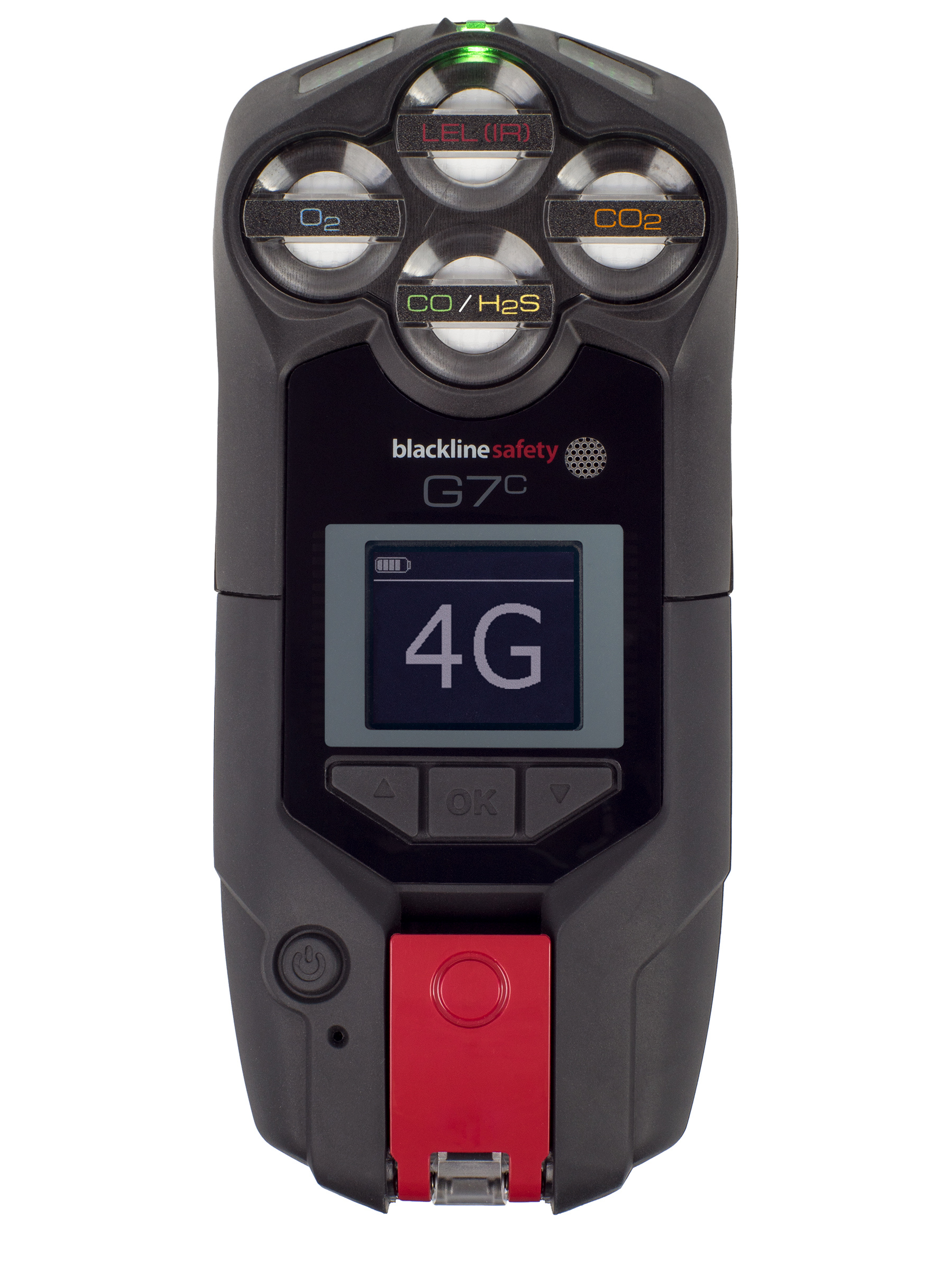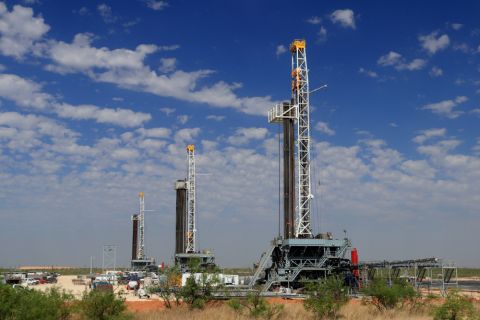Blackline Safety Corp., a global leader of gas detection and connected safety solutions, has expanded its G7c gas detection and safety monitors to include 4G connectivity, enabling its devices to operate on more than 350 mobile networks across roughly 100 countries, the company said on Nov. 19.
G7c wearables use a combination of wireless communications, multiple sensors and location technology to automatically detect safety and health incidents, including falls, lack of movement, exposure to environmental gases and close proximity to other employees.

Blackline Safety adds 4G wireless capability to G7c cloud-connected safety wearables (Photo: Business Wire)
To provide optimum compatibility with wireless networks on a global scale, G7c wearables now combine 4G with 3G or 2G connectivity that continues to be offered by many network providers around the world. Blackline clients further benefit from multicarrier coverage in most countries, yielding a super-footprint comprised of two or more wireless networks, including across the U.S., Canada, the U.K. and most European countries.
Blackline’s updated G7c wearable featuring 4G technology from u-blox, a partner and global leader in wireless communications and positioning technologies based in Thalwil, Switzerland. With the support of u-blox, G7c devices now offer greater network compatibility, a larger global coverage footprint, significantly faster data speeds and industry-leading assisted GPS location technology.
To improve safety, efficiency and quality, many businesses are transforming digitally, taking advantage of connectivity and data throughout their worksites and operations. Featuring advanced 4G technology, G7c becomes a digital hub at the heart of businesses’ digital transformations, empowering 24/7 live monitoring, emergency response and evacuation management, two-way communications, connected gas detection and push-to-talk.
Recommended Reading
Marketed: Anschutz Exploration Corp. WI Opportunity in Converse County, Wyoming
2024-01-26 - Anschutz Exploration Corp. retained EnergyNet for the sale of its WI participation option in Converse County, Wyoming.
Excelerate Energy, Qatar Sign 15-year LNG Agreement
2024-01-29 - Excelerate agreed to purchase up to 1 million tonnes per anumm of LNG in Bangladesh from QatarEnergy.
UK’s Union Jack Oil to Expand into the Permian
2024-01-29 - In addition to its three mineral royalty acquisitions in the Permian, Union Jack Oil is also looking to expand into Oklahoma via joint ventures with Reach Oil & Gas Inc.
Permian Resources Continues Buying Spree in New Mexico
2024-01-30 - Permian Resources acquired two properties in New Mexico for approximately $175 million.
Eni, Vår Energi Wrap Up Acquisition of Neptune Energy Assets
2024-01-31 - Neptune retains its German operations, Vår takes over the Norwegian portfolio and Eni scoops up the rest of the assets under the $4.9 billion deal.




